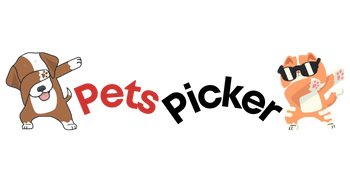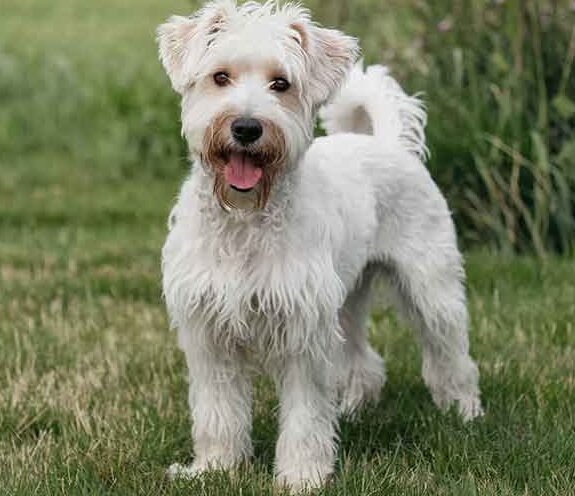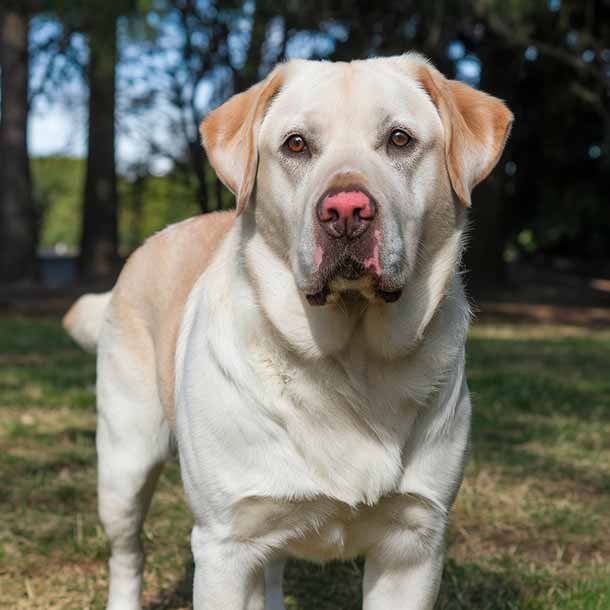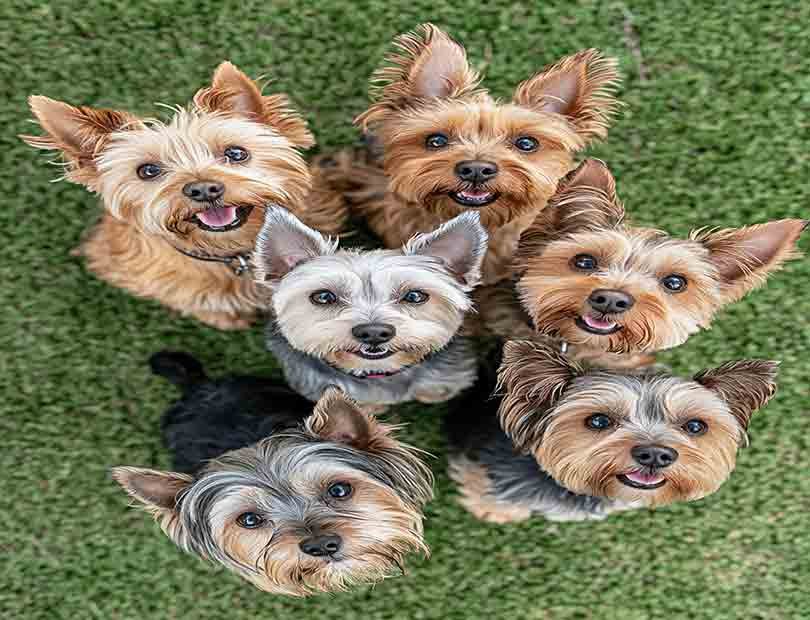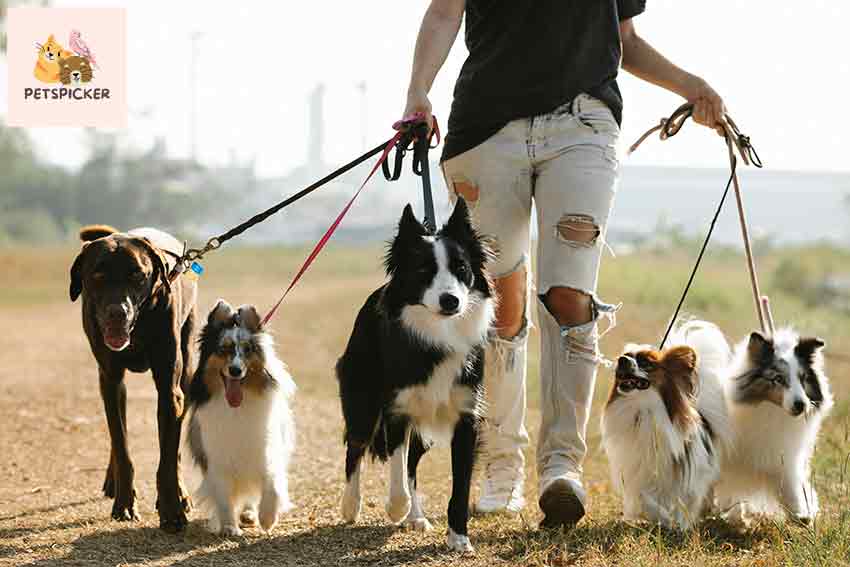Looking for a dog that won’t leave your home in a mess? Our guide on the, How Can You Find the Cleanest Dog Breeds? is here to help! From hypoallergenic to low-shedding breeds, discover which furry friends are easiest to keep clean and odor-free. Learn about their grooming needs and get practical tips for maintaining a tidy, pet-friendly home.
Unearthing the Hidden Truth about Superb Hounds: What defines a neat breed of dogs?
But first, let’s understand what a “clean” dog breed means before we delve into specific breeds. Tidiness in dogs can be broken down into several categories:
Minimal Shedding: Dogs that shed less are by default cleaner since they leave behind less hair on your furniture, clothes, and floors. For anyone who has allergies or wants to keep their home neater, this is an important consideration.
Low Drooling: Drooling can cause messes and stains therefore dogs which are not droolers are generally easier in terms of cleanliness.
Easy Grooming Requirements: Some dogs have less grooming that needs to be done thereby requiring fewer trips to the groomer as well as lesser time spent brushing them or giving them baths. Easily groomed breeds often feature coats that do not attract dirt and odors like others.
Odorless Coats: Some breeding dogs live with coats that do not stink much. Such pooches commonly have skin less oily hence promoting a fragrant home environment.
Cleanest Dog Breeds: Now that we understand what clean signifies in dog terms, let us consider some of the main breeds according to these standards.
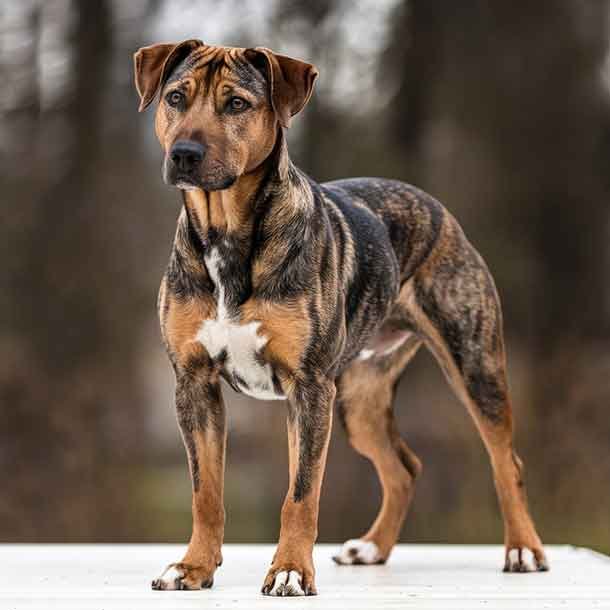
Hypoallergenic Breeds
Poodle: Poodles are known for their hypoallergenic coats meaning they hardly shed any fur. They make ideal pets for allergy sufferers due to the curly fur that traps allergens such as dander. No doubt regular grooming is required here for excellent coat condition but it pays back because there is no shedding involved.
Bichon Frise: The Bichon Frise falls under this list due to its soft and curly hypoallergenic coat. These little dogs are playful and easy when it comes to training. Apart from frequent combing sessions and trips to the salon, their fur does not fall out much while the tendency to drool is minimal.
Low-Shedding Breeds
Basenji: The Basenji, also known as the “barkless dog”, is a clean and low-maintenance breed. They have a short, fine coat that sheds very little and does not retain dirt. Additionally, Basenjis groom themselves similarly to cats which reduces even further the workload of cleaning up after them.
Dachshund: Dachshunds are available in smooth, longhaired, or wirehaired varieties with the shortest coated ones among them being easy to keep tidy. Their shedding is minimal and they only need to be brushed once in a while. In addition, their size makes it easier to wash them as well as handle them generally.
Breeds that Don’t Drool (hunger) Much
Shih Tzu: A Shih Tzu is a small dog with luxuriant hair that does not shed excessively. The fact that these dogs do not drool much means they maintain cleaner homes. However, regular grooming is needed for its long hair so as to avoid tangles and mats though cleanliness stands out as one of its major pros.
The cleanest breeds
Maltese: They are fine-boned and compact, covered with long thick straight hair all over their body which is normally white in color. Unlike many other dogs breeds the Maltese have hardly any smell from their body as well as they shed only small amounts of fur hence considering them as the cleanest dog breed. To maintain their beauty, they must be groomed consistently.
Whippet: They have a coat that’s short and smooth so you won’t find much shedding or odor. Whippets are known for being clean pets that require very little bathing or grooming just. Their physical structure allows them to stay relatively clean since they’re thin and slim. At times, when there is dirt on the ground, they may pick up some but this isn’t too much of a concern for them.
How frequently should I wash my dog?
Usually every couple of weeks depending on the breed and lifestyle so as not to strip off natural oil from their skin make sure to use shampoo designed specifically for dogs since human shampoos can dry out this layer making it susceptible to infections.
- Regular Grooming: Brushing your dog regularly will help remove loose hairs and prevent matting. It also gives you an opportunity to check for any skin problems or parasites that might be bothering him.
- Bathing Times: How frequently you take care of a dog’s fur and skin by bathing it depends on the kind of breed it belongs to; therefore, every few weeks will be required. Use an appropriate shampoo designed for dogs to avoid making their skin dry.
- Mouth Hygiene: It is important to keep your dog’s teeth clean for its general health as well as controlling bad breath. Brushing and dental chews can do wonders.
- A Clean Living Environment: Keep your dog’s bed and living area tidy. Regularly wash the bedding and ensure that you vacuum often in order to minimize the accumulation of fur and dander.
Two sources offer information about finding the cleanest dog breeds
American Kennel Club (AKC)[1] – The AKC provides detailed information on various dog breeds, including those known for minimal shedding, low odor, and ease of grooming. Their website offers breed profiles that highlight characteristics important for maintaining a clean home.
PetMD [2] – PetMD is a reliable source for pet health and care information. They offer articles and guides on choosing clean dog breeds, focusing on hypoallergenic breeds, grooming needs, and overall cleanliness.
FAQs About The Cleanest Dog Breeds?
What is the best dog breed for someone with allergies?
Those allergic to dogs may prefer Poodles or Bichon Frises because of their hypoallergenic coats.
How often should I bathe my dog?
Normally every month or so with exceptions depending on breed type (i.e. some require far more frequent baths to keep up appearances) and other personal factors like lifestyle choices such as outdoor activities which might lead him into having frequent run-in’s with mud or dirt while playing outside all day long.
Can diet affect how clean my dog is?
Yes, nutrition plays an integral part in maintaining the general hygiene of your pet. For instance, Omega-3 fatty acids are essential for good coat health.
Are smaller dog breeds generally cleaner?
Smaller pets tend not only to shed less hair but they also much easier washable therefore making them cleaner at the end of day most times than larger ones do. However, this depends upon the characteristic traits associated with each particular kind of smaller dogs too.
What are some tips for reducing dog odor in the home?
To get rid of any unpleasant smells it’s important to ensure that you groom your animal regularly as well use mouthwash on its teeth regularly especially if it has bad breath due to tooth decay or gum disease by doing so one can reduce halitosis-related problems significantly Additionally using air fresheners and vacuuming frequently can minimize canine odors.
Conclusion
A non-smelly kind of dog breed in order to keep your house clean and pleasant. From hypoallergenic breeds like the Poodle and Bichon Frise to low-shedding breeds like the Basenji and Dachshund, there are plenty of options available for you to choose from. Taking part in regular grooming practices and keeping the surrounding environment tidy enables one to have a pet while maintaining cleanliness.
